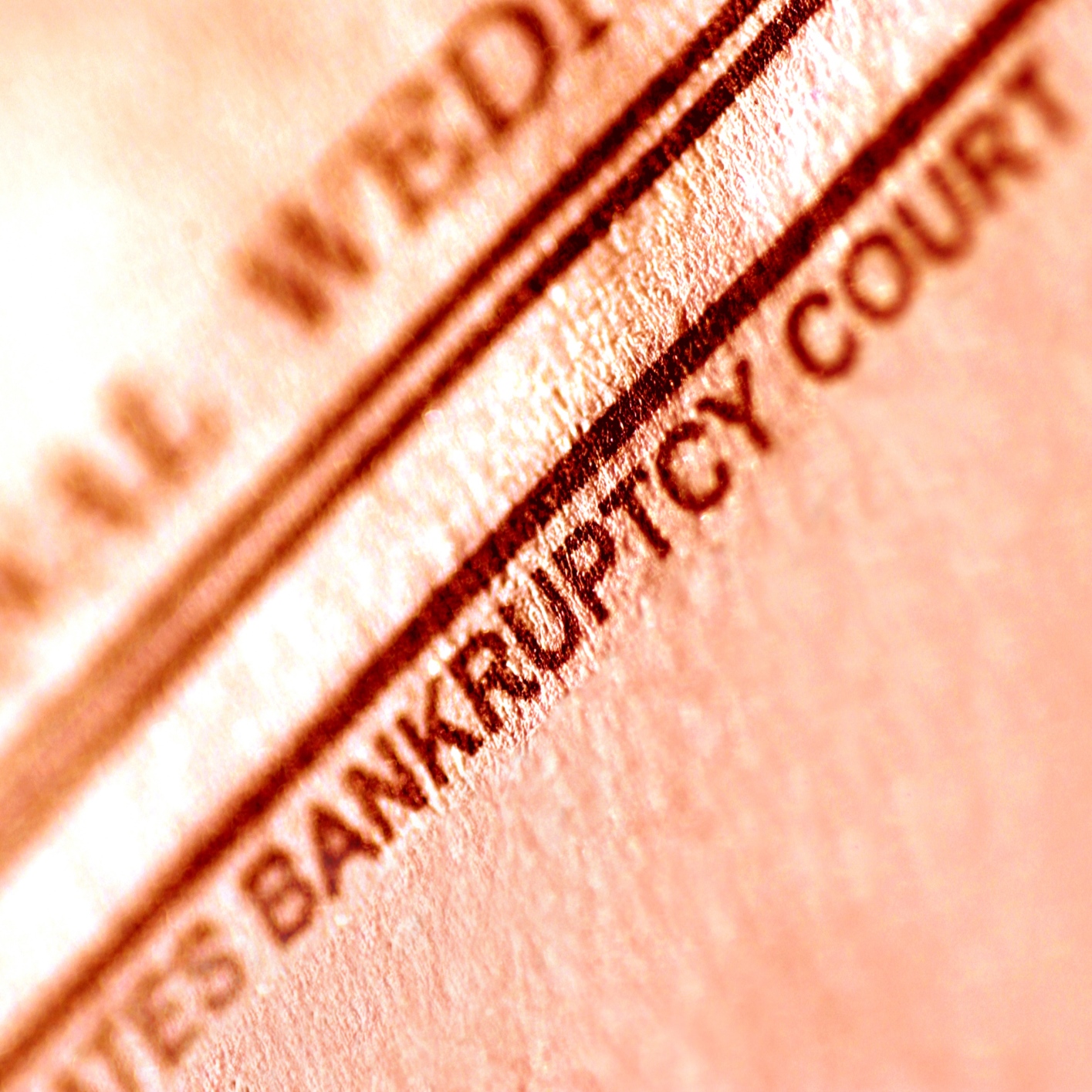
A total of 48 oil and gas exploration and production (E&P) companies filed for bankruptcy in 2015, and 39 oilfield services companies also filed for bankruptcy protection last year. So far in 2016, six E&P companies have filed for bankruptcy.
The data were reported by the law firm of Haynes and Boone and are worse than the 67 oil and natural gas firms cited by consulting firm Gavin/Solmonese as having filed for bankruptcy protection in 2016. Either way it’s a really big number, and according to Gavin/Solmonese, a year-over-year increase of 379%.
The culprits, of course, are low crude and natural gas prices. When oil prices were double or more what they are now, small E&P firms invested a boatload of cash from willing lenders and investors in pulling hydrocarbons out of the ground. Even with big debts and big payments on those debts, the firms could mostly show solid profits, pay good dividends and invest in more growth.
Now, surviving companies pump oil and gas mainly to pay debt service. Dividends have been eliminated or sharply reduced by many E&P and services companies, staff cuts have cost thousands of jobs and growth is no longer a consideration except for the very largest companies.
The largest bankruptcy filing in 2015 was Samson Resources, which included a total of $1.95 billion in secured debt and $2.38 billion in unsecured loans. Another large E&P bankruptcy was Quicksilver Resources, with $1.1 billion in secured debt and $976 million in unsecured debt.
Of the services company bankruptcies, the largest was Vantage Drilling, with $2.63 billion in secured debt and $144 million in unsecured debt. Hercules Offshore, with a filing of $1.31 billion in unsecured debt, was the second largest, according to Haynes and Boone.
Even E&P firms that manage to avoid bankruptcy see their borrowing bases downgraded, making it more difficult, if not impossible, to raise money by issuing more stock or taking on more debt. In a survey conducted last month by Haynes and Boone, 13% of respondents said that the most likely thing to happen if borrowing bases are deficient this year is that the firm will file for bankruptcy. That’s almost double the 7% who answered that question in the company’s fall 2015 survey.
Get Ready To Retire (Sponsored)
Start by taking a quick retirement quiz from SmartAsset that will match you with up to 3 financial advisors that serve your area and beyond in 5 minutes, or less.
Each advisor has been vetted by SmartAsset and is held to a fiduciary standard to act in your best interests.
Here’s how it works:
1. Answer SmartAsset advisor match quiz
2. Review your pre-screened matches at your leisure. Check out the advisors’ profiles.
3. Speak with advisors at no cost to you. Have an introductory call on the phone or introduction in person and choose whom to work with in the future
Thank you for reading! Have some feedback for us?
Contact the 24/7 Wall St. editorial team.




